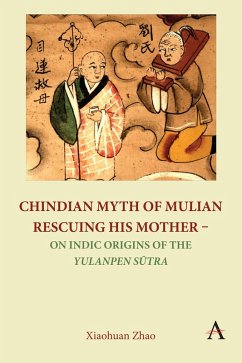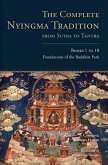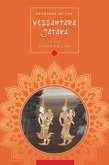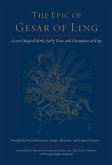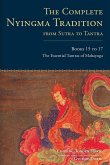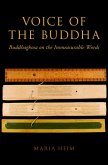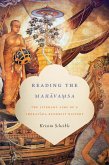This book addresses the thorny issue regarding the authenticity of the Yulanpen Sutra, the scriptural source for the Yulanpen Festival or Hungry Ghost Festival in East Asia. The sutra, which features Mulian (Skr. Maudgalyayana) adventuring into the Preta realm to rescue his mother, is catalogued in the Chinese Buddhist bibliography with the Indo-Scythian Dharmarak¿a (Ch. Zhu Fahu, ca. 266-308) given as the translator. However, in modern Chinese, Japanese, and Western scholarship, the sutra is more often than not regarded as a Chinese Buddhist apocryphal scripture and the Mulian myth as an apocryphal story created by Chinese Buddhists to foster the sinicisation and transformation of Indian Buddhism mainly on the grounds that there is no extant Yulanpen Sutra in Indic sources and that the sutra stresses Confucian filial piety and ancestor worship. This book challenges these widely held beliefs by demonstrating that filial piety and ancestor worship are not peculiar to Confucian China but also inherent in Indic traditions and that the sutra is a Chinese creative translation rather than an indigenous Chinese composition.
Dieser Download kann aus rechtlichen Gründen nur mit Rechnungsadresse in A, D ausgeliefert werden.

